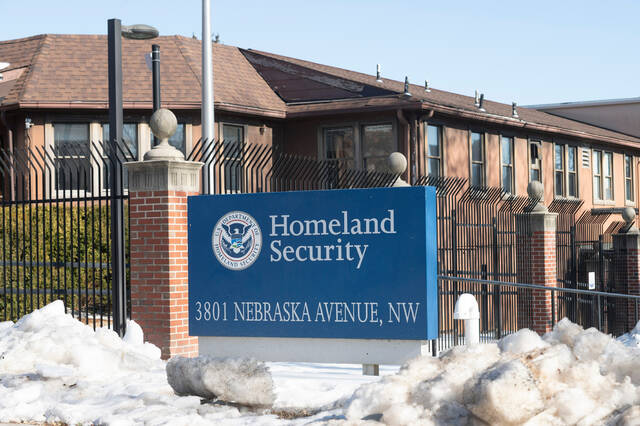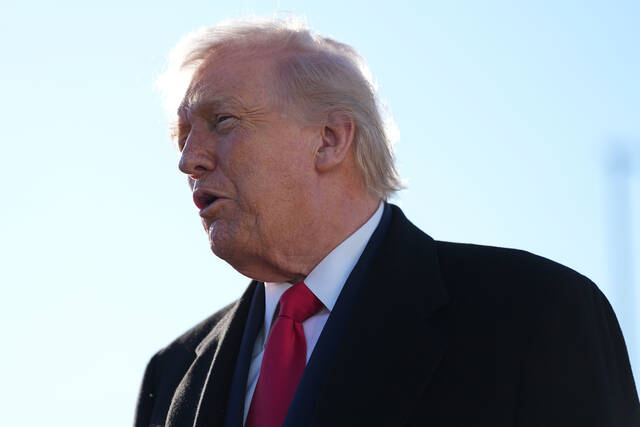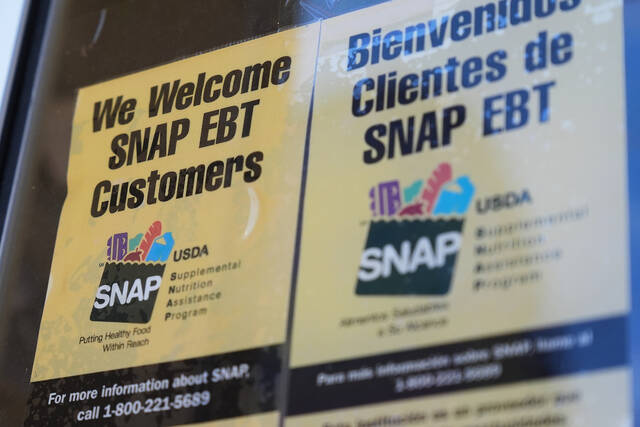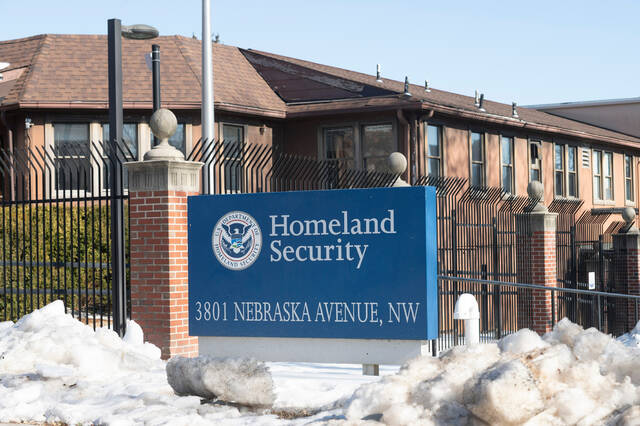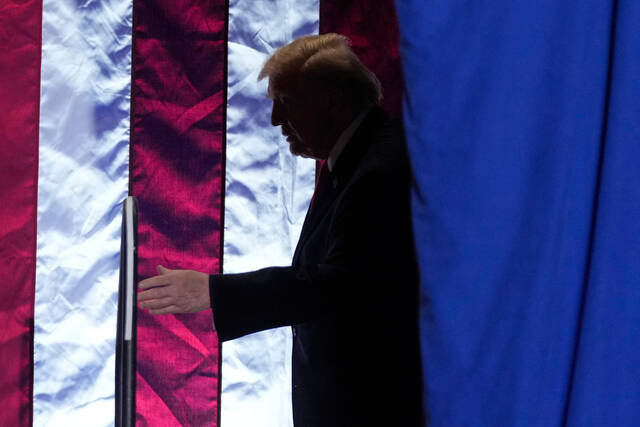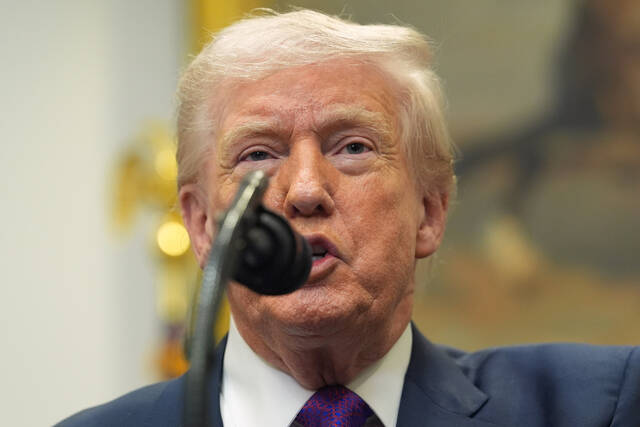WASHINGTON ‒ The government will remain closed for the weekend after the Senate failed to reach the 60 votes needed on competing Republican and Democratic plans to fund the government.
Two Democrats and an independent voted for a GOP measure to end the shutdown, but the 54-44 vote left Republicans short of the 60 votes needed. Republican Sen. Rand Paul of Kentucky also voted against it.
“We could be considering bipartisan appropriations bills through regular order … but instead we are stuck in a shutdown mess of Democrats’ making. And the American people are suffering as a result,” Senate Majority Leader John Thune, R-North Dakota, said on the Senate floor.
“Republicans would rather shut down the government than address a health care crisis that is threatening to shut down small businesses across the country,” said Sen. Patty Murray, D-Washington.
Democrats have refused to pass the funding bill until the GOP restores cuts to Medicaid and Obamacare the nonpartisan Congressional Budget Office says will cost 10.9 million people their health insurance.
The failed vote came as the shutdown continued for a third day and President Donald Trump moved closer to cutting programs and firing federal workers.
Republican leaders were expected to send senators home for the weekend in hopes frustrated voters will pressure Democrats into supporting a GOP funding plan and to give up their demand for the reversal of health care cuts. About 750,000 federal workers have been furloughed.
House won’t return until Oct. 13, leaving Senate to end shutdown
House Speaker Mike Johnson, R-Louisiana, announced Friday his lawmakers would remain out of town for another week, leaving the Senate to resolve the government shutdown.
The House previously approved a temporary measure to extend government funding through Nov. 21. But Senate Democrats have blocked a vote on that measure over complaints about GOP cuts in healthcare funding.
The House was scheduled to return Oct. 7. But a clerk announced during a brief session that Johnson extended what is called a “district work period,” when lawmakers are back in their home states, until Oct. 13.
The move came after the Senate rejected the House spending proposal for the fourth time.



